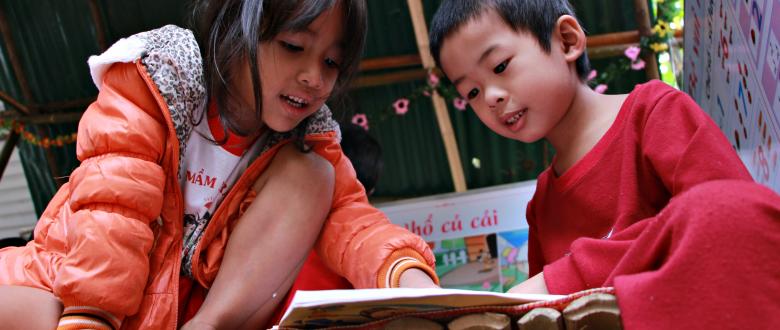
Context
Gender stereotypes are formed at the first years of life (3-5 years) and affect their whole lives. At this age, children start learning the attitudes, values and behaviors that are considered 'normal' or 'accepted' by families, schools and society. Their gender identity starts to be formed and expressed according to social patterns. As such, gender stereotypes affect how children behave in relationships with friends and teachers, as well as how they develop themselves. When boys are expected to be "strong", "brave", they will often have "aggressive" and "violent" behavior. Meanwhile, girls are supposed to be "gentle", "weak", "passive". This is the root of gender violence.
Objectives of the research
- Identify gender stereotype-based practices in preschools and their causes
- Learn about how play-based learning is understood and applied in early childhood education.
- Identify effective and sustainable channels for coordination between families and preschools
Read more about the report:




